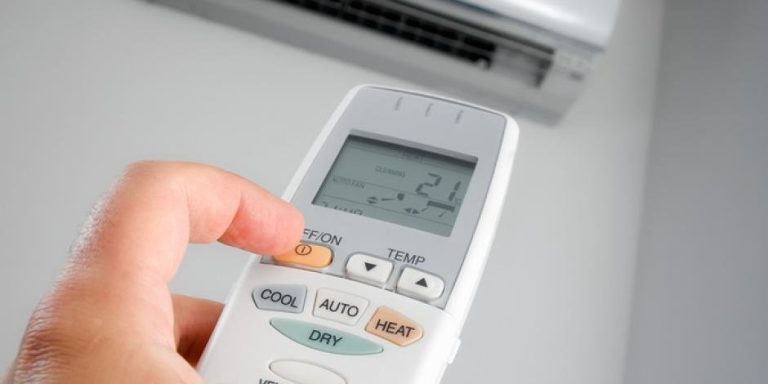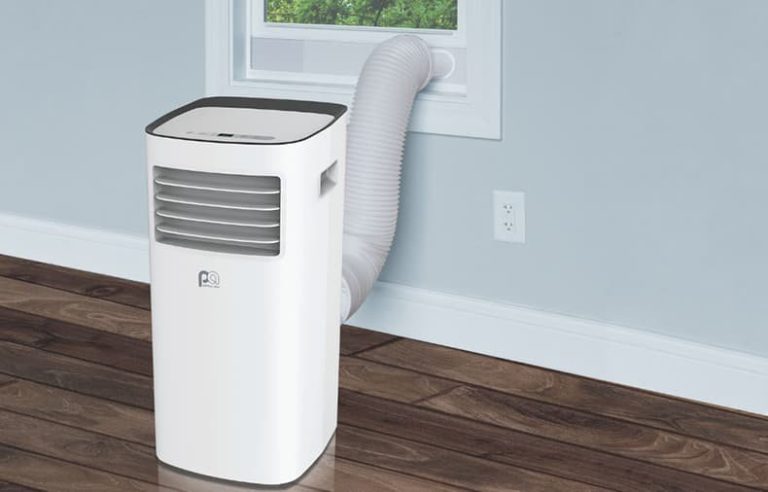Is Air Conditioner Water Distilled? Find Out The Truth Here!
No, air conditioner water is not distilled. While air conditioners do remove moisture from the air, the resulting water is not purified through the distillation process. It may contain impurities and should not be considered as distilled water for various purposes such as drinking or gardening.
Did you know that air conditioners not only keep us cool, but they also produce water as a byproduct? It’s true! Air conditioner water is a common occurrence, but have you ever wondered if it is distilled? In this article, we will uncover the truth behind air conditioner water and whether it can be considered distilled. For individuals interested in air conditioning systems and water purification, this topic holds great importance.
Understanding the quality of water produced by air conditioners and whether it is distilled has practical implications for various purposes. From drinking to gardening, there are potential health and safety concerns that arise when considering the use of air conditioner water.
By delving into the truth about air conditioner water, we can shed light on the misconceptions surrounding its distillation. With a basic to intermediate knowledge level regarding air conditioner functionality and water purification processes, our target audience seeks answers to their questions. In this article, we will explore the science behind air conditioner water production, the differences between distilled water and air conditioner water, and the potential implications for using air conditioner water in different contexts.
By the end, you will have a comprehensive understanding of whether air conditioner water can truly be considered distilled. So, let’s embark on this journey of discovery and uncover the truth about air conditioner water.
The Science Behind Air Conditioner Water Production
Before we can determine whether air conditioner water is distilled, we need to understand how it is produced. Air conditioners work by removing heat and moisture from the air, creating a more comfortable indoor environment. During the cooling process, air conditioners extract moisture from the air, which then condenses into water.
This condensation occurs when warm air passes over the evaporator coil, which is filled with a cold refrigerant. As the warm air comes into contact with the cold surface of the coil, the moisture in the air condenses, forming water droplets.
Once the water droplets form, they collect in a shallow pan or drain pan located at the bottom of the air conditioner unit. This pan is designed to catch and collect the condensation to prevent it from leaking onto the floor or causing damage to the unit.

From the drain pan, the water is typically directed through a drainage pipe or tube and expelled outside the building. This ensures that the water does not accumulate within the air conditioner and cause issues such as mold growth or damage to the unit.
The Differences Between Distilled Water and Air Conditioner Water
Now that we understand how air conditioner water is produced, let’s explore the differences between distilled water and air conditioner water. Distilled water is a type of purified water that has undergone a specific process to remove impurities and contaminants.
In the distillation process, water is heated to create steam, which is then condensed back into liquid form. This condensation process effectively separates the water molecules from impurities such as minerals, chemicals, and bacteria, resulting in pure water.
Air conditioner water, on the other hand, is not subjected to the same purification process as distilled water. While it may be free from certain airborne pollutants, it can still contain traces of minerals, chemicals, and other contaminants that were present in the air.
Additionally, air conditioner water may have a slightly acidic pH due to the presence of carbon dioxide in the air. This acidity can vary depending on factors such as the temperature and humidity levels in the environment where the air conditioner is operating.
It’s important to note that the composition of air conditioner water can vary depending on several factors, including the air quality, maintenance of the air conditioner unit, and the specific design of the unit itself.
The Potential Implications of Using Air Conditioner Water
Now that we have discussed the differences between distilled water and air conditioner water, let’s consider the potential implications of using air conditioner water in various contexts.
1. Drinking Air Conditioner Water
One of the most common questions that arises is whether it is safe to drink air conditioner water. While air conditioner water is not typically intended for consumption, its safety depends on various factors.
If the air conditioner unit is properly maintained and regularly cleaned, the risk of contamination is minimized. However, it’s important to note that air conditioner water is not subject to the same rigorous purification processes as drinking water.
Therefore, it is generally recommended to avoid drinking air conditioner water unless it has been properly filtered or treated to remove impurities and ensure its safety.
2. Watering Plants with Air Conditioner Water
Since air conditioner water can contain trace amounts of minerals and nutrients, some individuals wonder if it can be used for watering plants.
In general, using air conditioner water for watering plants is considered safe as long as the water is free from harmful chemicals and contaminants. However, it’s important to consider the pH of the water and its potential impact on the plants.
As mentioned earlier, air conditioner water can be slightly acidic due to the presence of carbon dioxide. Some plants may be more sensitive to acidic water, so it’s advisable to monitor the pH levels and observe the plants’ response.
In conclusion, although air conditioner water is a byproduct of the cooling process, it cannot be considered distilled water. Distilled water undergoes a specific purification process to remove impurities, while air conditioner water may still contain traces of minerals, chemicals, and other contaminants.
While air conditioner water may be safe for certain uses, such as watering plants, it’s important to consider factors such as pH levels and potential contaminants before using it. Additionally, drinking air conditioner water is generally not recommended unless it has been properly filtered or treated.
By understanding the science behind air conditioner water production and its differences from distilled water, we can make informed decisions about its usage and ensure the safety of ourselves and our environment.
Don't Waste AC Water | Best Usage & How to Make Money from Ac Waste Water | in Urdu @TechKnowledge64
Is air conditioner water distilled?
Can air conditioner water be used for drinking?
Is air conditioner water safe for plants?
What should I do with air conditioner water?
How can I collect air conditioner water?
Final Thoughts: Differences Between Air Conditioner Water and Distilled Water
In conclusion, air conditioner water is not the same as distilled water. While air conditioners extract moisture from the air and condense it into water, this water is not subjected to the same purification process as distilled water.
Distilled water undergoes a specific distillation process to remove impurities and contaminants, resulting in pure water. Air conditioner water can still contain traces of minerals, chemicals, and other contaminants that were present in the air.
Additionally, it may have a slightly acidic pH due to the presence of carbon dioxide in the air. The composition of air conditioner water can vary depending on factors such as air quality, maintenance of the unit, and the unit’s design. When considering the potential uses of air conditioner water, it is important to note that drinking it is not recommended unless it has been properly filtered or treated to ensure its safety.
While using air conditioner water for watering plants is generally considered safe, it is important to monitor the pH levels and observe the plants’ response, as some plants may be more sensitive to acidic water. By understanding the science behind air conditioner water production and its differences from distilled water, we can make informed decisions about its usage and ensure the safety of ourselves and our environment. It is always important to consider the potential contaminants and factors that may affect the suitability of air conditioner water for specific uses.






